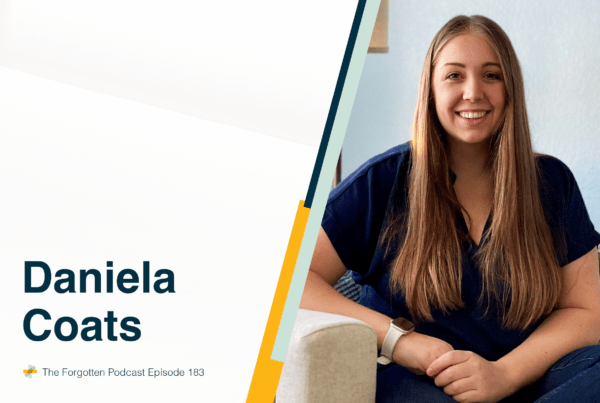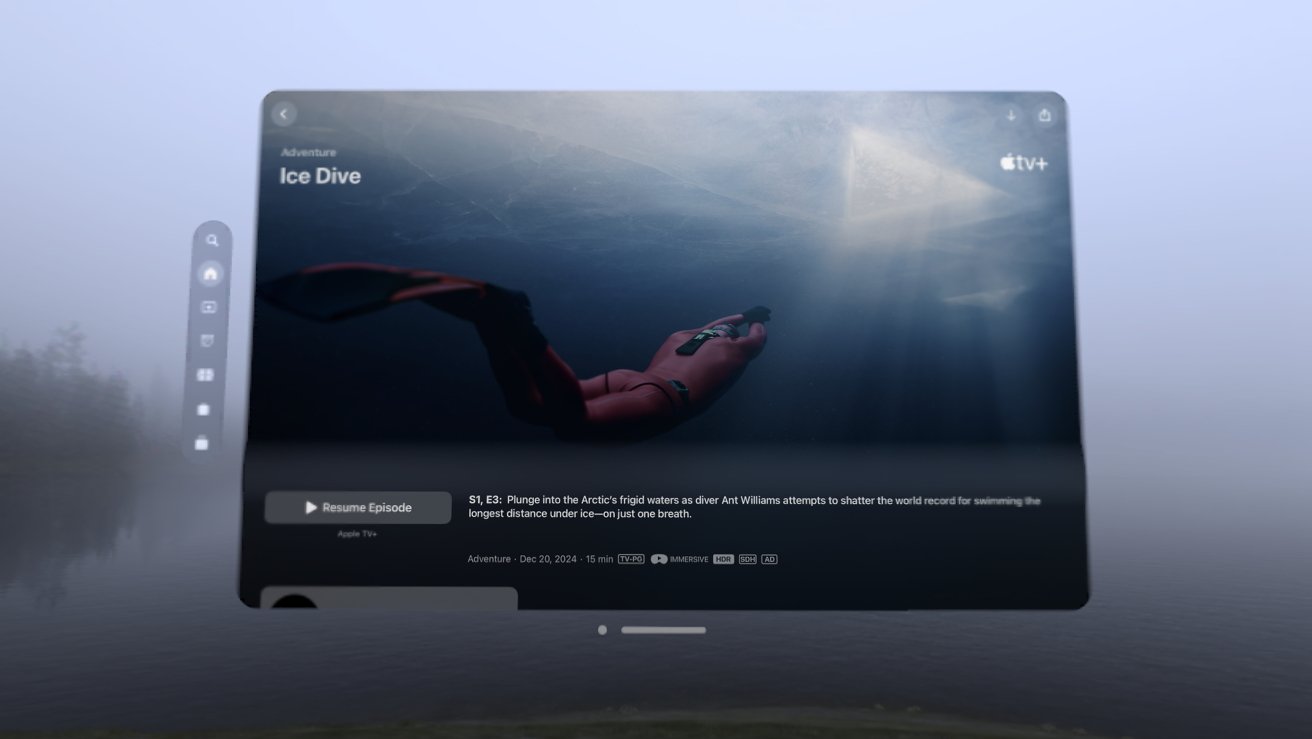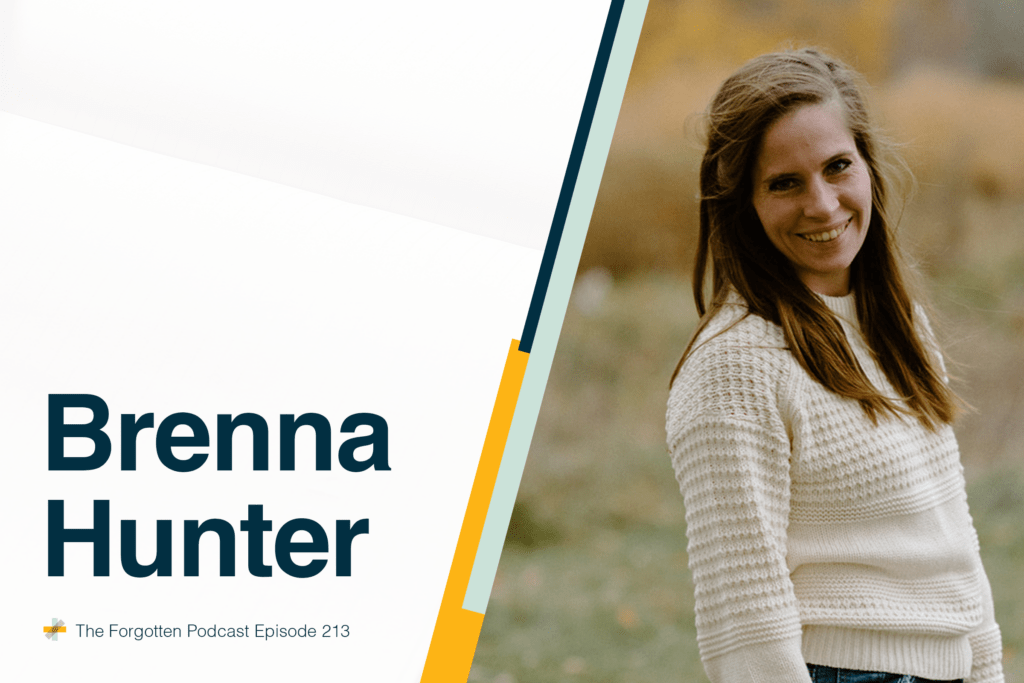Aimee Cervantes shares her experience of being in group homes, foster care, orphanages, adoption, and also finding her biological brother as an adult.

“When we didn’t have adult care, he was the one that would make sure we needed to eat…”
Aimee Cervantes was placed in foster care with her brother at the young age of four. But she would soon experience another loss as the last familiar person in her world was taken from her. Aimee was separated from her brother and they were adopted by different families—All she knew was his birth name, the name of their mother, and the town they had lived in prior to foster care.
In this episode, Aimee shares her experience of being in different forms of care from group homes, foster care, orphanages, and her eventual adoption. She also talks about the deep impact that being separated from her brother had on her life. While much was lost when Aimee entered foster care, she would find it again in her new family and even locate her biological brother when they were both adults.
This is an episode you simply don’t want to miss. Aimee openly shares her experience of the foster care system, adoption, and the beauty of connecting with her brother as an adult. Listen in!
TAKEAWAYS FROM TODAY’S CONVERSATION:
1. There are more resources today for those supporting the foster care community.
As we heard from Aimee, the majority of her experience with adults during her time in foster care was positive. There are more regulations within the system today to help eliminate negative experiences, and it’s important that we take advantage of the resources available to support children in foster care effectively. That is our responsibility as caregivers.
“I remember meeting so many kind adults as a kid.”
2. A constant can be crucial.
For many children who enter into foster care, there is very little that is familiar or constant in their lives. Their “normal” was taken away. It’s not uncommon for social workers to change due to turnover, case shifts, and burnout. But having something or someone constant in the lives of a child in foster care is so important as it supports a feeling of safety and trust.
“It really did make those years of uncertainty easier to navigate. I always said that my brother was my constant and my other constant was that I had the same social worker.”
3. Offer patience and kindness.
There is more understanding around the trauma that leads to foster care and adoption today than there was 20 years ago. We are much more aware of the emotional needs and trauma many children experience as a result of hard circumstances. It’s important that we learn to offer patience and kindness by giving children space to take time to feel safe and not to expect a certain response or behavior right away.
“I remember my adoptive parents’ patience and kindness about navigating hard spots.”

Meet Our Guest
Aimee Cervantes entered foster care at the age of four and remained there until she was eight when she was adopted separately from her biological brother. She experienced a variety of care including foster care, group homes, and orphanages. As an adult, Aimee worked in the risk management industry for 20 years before leaving to become a marketing and social media consultant. Aimee and her husband, Steven, are expecting their first child, who is due on November 30th.
Get encouragement and updates in your inbox.
Be the first to know about new episodes, posts, resources, and stay in the loop about what’s coming up.
Other Episodes You Might Enjoy:






















